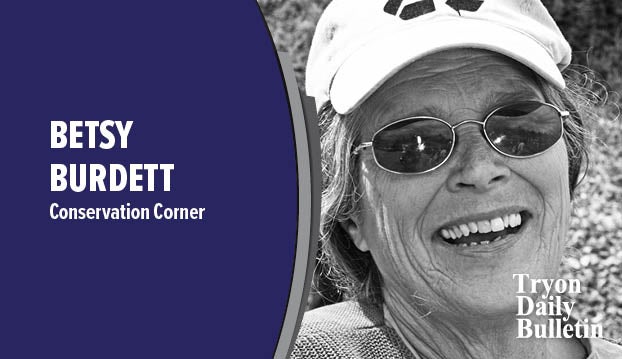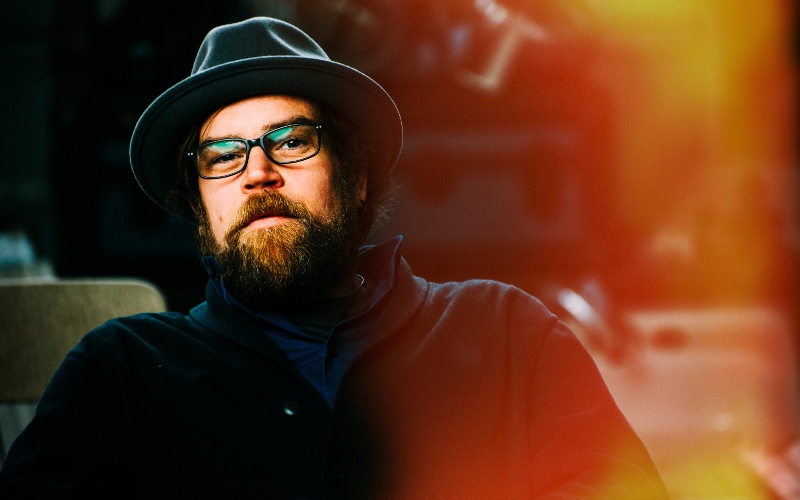Dispelling commonly held diet and exercise myths
Published 10:43 pm Thursday, April 16, 2015
By David Crocker
Today, I’d like to dispel some rather popular myths with regard to diet and exercise. Following some of these will not only hinder progress, but tend to confuse you as well.
Myth 1. Don’t eat after 7 p.m. because you’re usually just sitting around and the food you eat turns into fat. Remember, your gastrointestinal tract has to have ample blood flow for thorough digestion.
Here’s another so-called myth you probably heard at some time in your life: Don’t swim within an hour of eating, or you could catch a cramp. I used to certify lifeguards, and can tell you that’s true, because if you eat, then swim, blood pulls away from your GI tract to fuel your arms and legs, then digestion stops, and you could cramp.
Now, what’s all that got to do with eating late at night? Well, suppose you ate right before bedtime, and you had no gastrointestinal issues like acid reflux or ulcers (with these you could possibly choke in your sleep). Once you’re in bed, all you’re going to do is lie there, so your GI tract could get all the blood it needs for thorough digestion. There’s another benefit. During stage four and REM (rapid eye movement) sleep, your body is in a state of repair. Since you’ve just eaten, you now have all your body’s building blocks like vitamins, minerals, protein, carbohydrates and water available for organ, bone and muscle repair.
Myth 2. I can work my abdominal muscles or “abs” every day. Remember, your abs tone and tighten just like any other skeletal muscle. Muscles don’t tone while you’re working them. They might feel tight while exercising, but that’s because they’re gorged with blood. Muscles actually tone hours later, while you’re sleeping. Two more strategies when exercising abs: Always work them last in your routine, and never work them to failure, because these muscles don’t attach to any joint, so you could produce a hernia.
Myth 3. Eating pizza is always bad for you, because it has no real nutrients. Although pizza toppings like pepperoni, sausage, bacon, ground beef, and cheese contain saturated fats and cholesterol, and should be kept to a minimum, pizza is loaded with nutrients. Most pizza sauce contains lycopene from tomatoes; the veggie toppings include vitamins, minerals, and phytonutrients; the meats are a great source of high quality protein; pizza cheeses have calcium and protein; and the crust is loaded with energy giving complex carbohydrates. I’m not suggesting you go out and order pizza every day, but if you’re health and weight conscience and you choose pizza occasionally, enjoy.
Myth 4. Carrots are loaded with sugar. Did you know that a whole cup of chopped carrots contains just 52 calories and a mere 12 g. of carbohydrates? They also contain fiber and beta-carotene which help control blood sugar levels. Carrots are also packed with falcarinol, a phyto-chemical shown to protect against colon cancer.
Myth 5. Celery has no health benefits. Celery is loaded with a combination of disease-preventing vitamins, minerals, and phytochemicals. It contains pthalides, which are compounds that help lower blood pressure by relaxing artery walls. Celery also contains apigenin, a phytochemical that helps protect against cancers.
Myth 6. Iceberg lettuce has no nutrients. While it’s true darker varieties have more, don’t give up on this lettuce. It’s good for bones, because one cup contains 20 percent of your daily dose of vitamin K. Iceberg lettuce is good for your eyes, too, because one cup provides 15 percent of your daily dose of vitamin A. Remember, any lettuce that keeps you eating salads is great.
Exercise or diet question? Email me at dwcrocker77@gmail.com or visit fitness4yourlife.org. David Crocker of Landrum has been a nutritionist and master personal trainer for 28 years. He served as strength director of the Spartanburg Y.M.C.A., head strength coach for the USC Spartanburg baseball team, S.C. state champion girl’s gymnastic team, and the Converse College equestrian team. He served as a water safety consultant to the United States Marine Corps, lead trainer to L.H. Fields modeling agency, and taught four semesters at USC Union. David was also a regular guest of the Pam Stone radio show.





